Spy threat to overtake terrorism, says ASIO
ASIO has warned the federal government the threat of nation-state espionage and foreign interference is set to supplant terrorism as the greatest threat to Australian security.
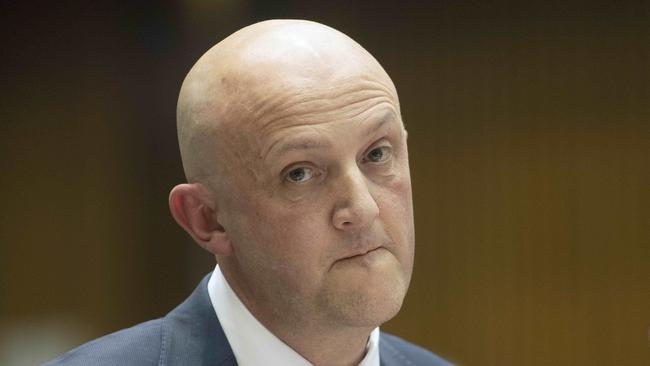
Australia’s domestic spy agency has warned the federal government the threat of nation-state espionage and foreign interference due to escalating regional tensions is set to supplant terrorism as the greatest threat to Australian security by 2025.
In a stark assessment of global strategic conflict, primarily competition between the US and China, ASIO has informed the government it believes “pre-placement” of sleeper software to sabotage Australia’s critical commercial, industrial and military infrastructure is emerging as a major threat to our “way of life”.
“We think, as you look out to 2025, espionage and foreign interference will supplant terrorism as this country’s principal security concern,” ASIO director-general Mike Burgess said in an interview with The Weekend Australian.
“That is something that has not yet been reported publicly … it’s got to be put in context.
“Threat to life is a priority. And the current ‘probable’ threat level of terrorism means people would lose their lives. Despite that, we think espionage and foreign interference will supplant terrorism … the level of activity coming at us and against us will be relentless.”
The interview came after the intelligence boss revealed this week that ASIO had cracked a major spy network operating in Australia, which had recruited a government official with security access to classified defence technology, in what the agency described as a “nest of spies”.
Mr Burgess said the bust had made a “significant” impact on the foreign power’s espionage activity and involved the quiet expulsion of dozens of spies operating in Australia.
Security sources had confirmed the country behind the spy ring was not China, but senior operatives in the intelligence community strongly speculated that Russia, which has long seen Australia as a backdoor to gathering intelligence on the US, was the nation state in question.
The spy ring had also groomed current and former politicians, as well as officials of an unnamed state police service, and had sought access to sensitive security protocols for a major airport. The revelations were disclosed in an annual threat assessment.
In the interview, Mr Burgess hit back at criticism of ASIO’s move to rebadge the key terrorism threats under two umbrellas of “religiously motivated violent extremism and ideologically motivated extremism”.
Critics on both side of the political spectrum have rounded on what they claimed was a political decision to drop references to Islamic extremism and right-wing extremism when referring to terror threats.
Mr Burgess said they had missed the point and the agency would still be calling out Islamic terrorism and right-wing extremism when appropriate, but the nature of the threats had broadened to a point where they could no longer be so narrowly defined.
Mr Burgess said the emerging threat to Australia now involved the pre-planting of undetected malicious software into critical infrastructure, including military technology, which could be activated at a later date to cripple power grids, phone networks, water supplies and other vital economic foundations, as well as defence assets.
“If tensions don’t reduce — and it is a competitive world out there, so that competition is heating up — we do have to turn our mind to it, and we are concerned about the pre-placement of sabotage,” Mr Burgess said.
“I’m not talking about physical sabotage, people walking up to a substation and blowing something up. It’s possible but not as likely as someone laying down some software on a network that allows them to disrupt critical infrastructure. In a world of increased tension, it would be easier for a nation state — and there is a difference between a criminal gang and a nation state — and their ability to disrupt, if a nation state goes after you and lays down malicious software that allows them to turn off the power grid, shut down the financial system, stop sewage pumps from working. You can see the impact to society.
“The world has seen examples of that. I’m not saying we have seen cyber-enabled disruptions by a nation state in this country, but we see plenty of laying down of malicious software. Its intent sometimes is hard to figure out.
“We’ve reported that and the government has responded. You can see already the response of the government through actions such as the security of critical infrastructure legislation.”
In a wide-ranging interview, Mr Burgess said the espionage and sabotage threats against Australia were increasing at a “rate of knots.”
Growing activity in the commerce and research sectors showed a “rapacious” appetite for intelligence on Australia’s trade relationships and export sector.
Mr Burgess also said he would resist attempts to politicise ASIO. “Whenever I’m talking to politicians on either side or anywhere on the spectrum, I frequently find myself making the point: do not make ASIO the issue, do not politicise us, don’t make us the target,” he said.
He argued the move to use broader definitions of terrorism — ideological and religious — had no impact on the operational work of identifying threats.
“(But) it is important for when we are writing about that in … classified circles, taking about it or writing about it publicly, words do matter and it does frame how people think about issues,” Mr Burgess said.
“These are umbrella terms … when we know there is an (Islamic State) inspired or radicalised terrorist, I will say that. When it’s a neo Nazi-group or anti-Semitic group I will say that. When it’s a fascist or white supremacist I will continue to use those words.”
Mr Burgess said some groups were hard to characterise, such as an organisation called “the Order of the Nine Angles” which he noted displayed “some Satanism (and) paedophilia traits”. “It’s just evil,” he said. “Are you going to assign that to a political spectrum? It makes no sense.”


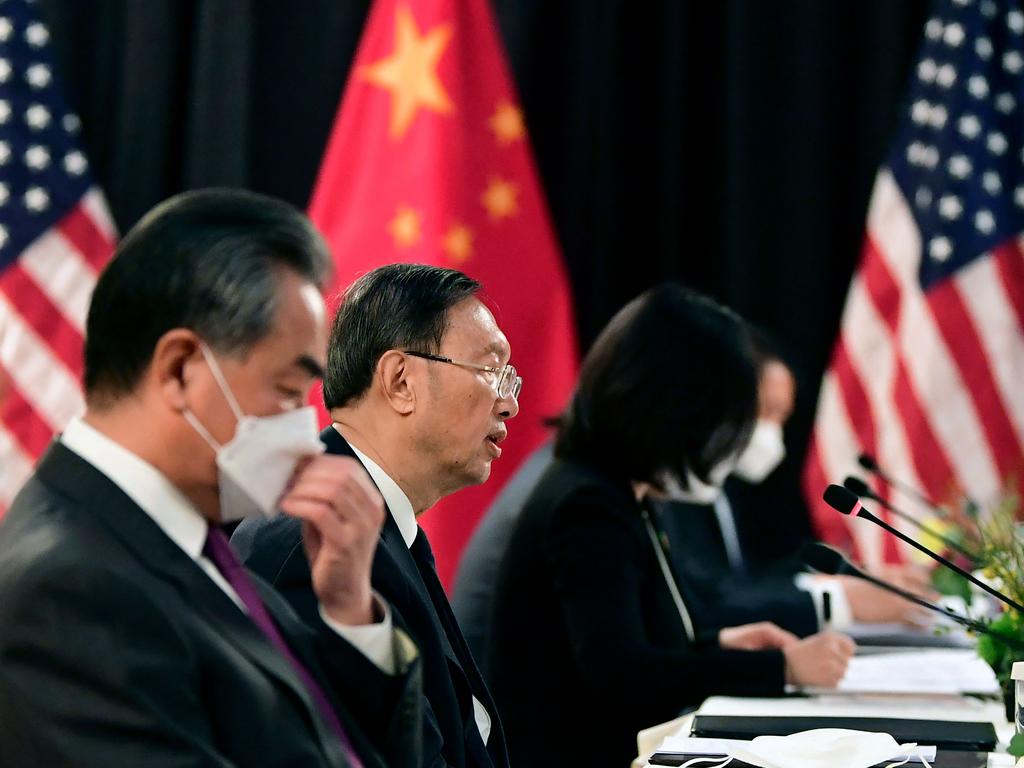
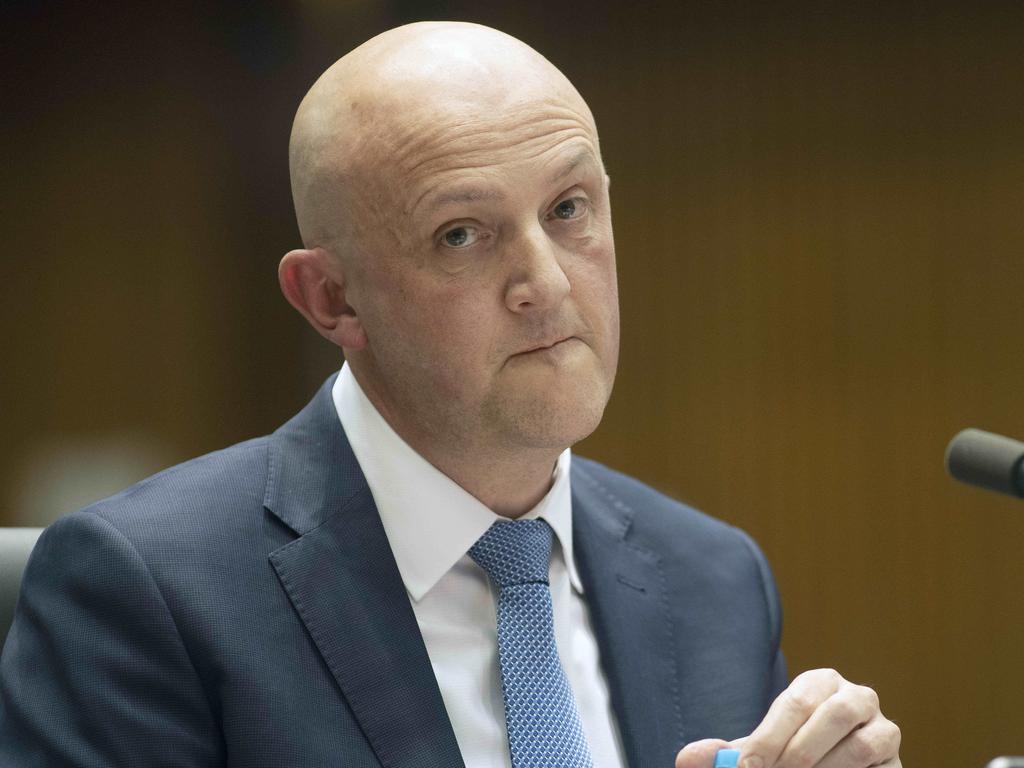
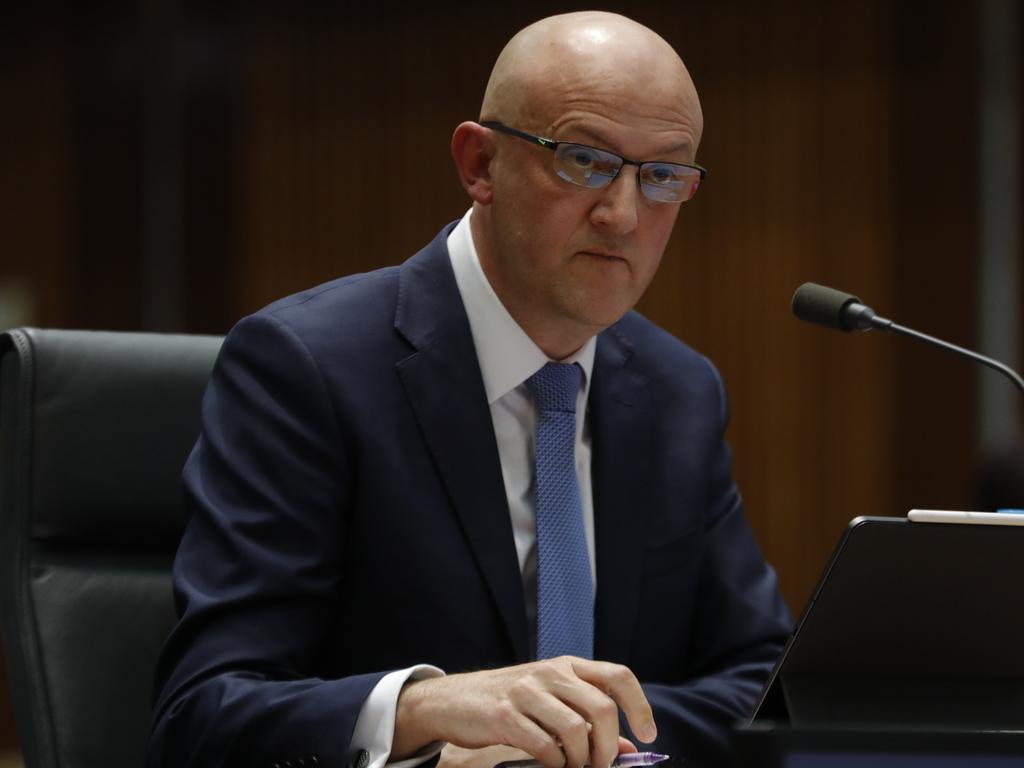
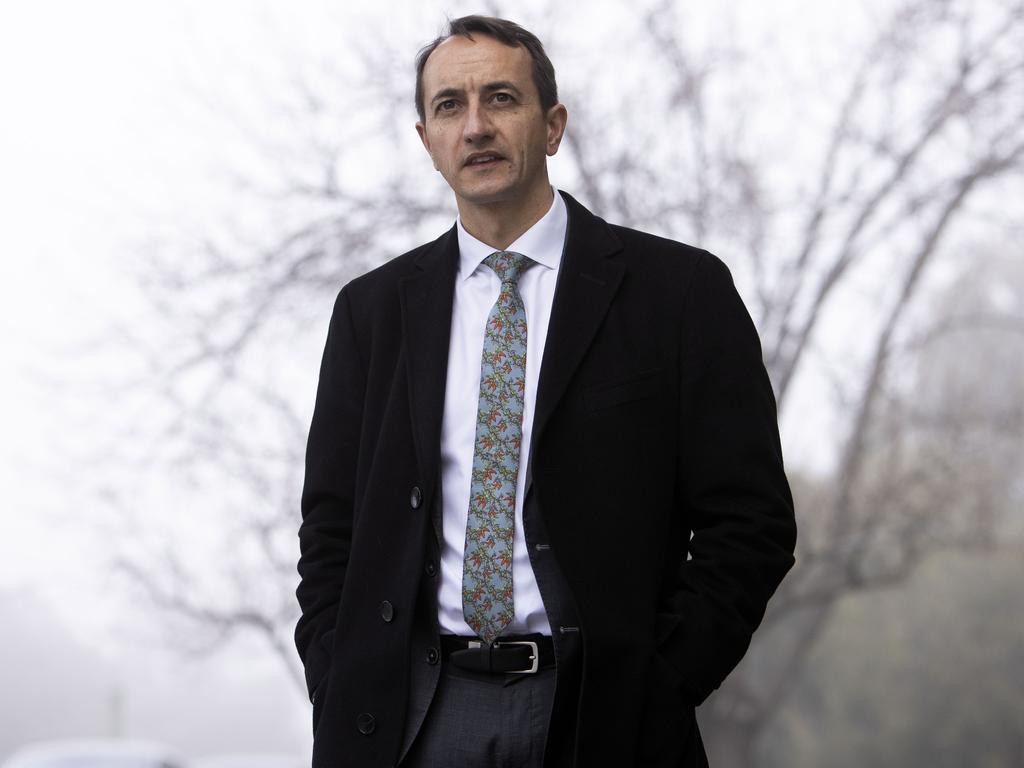


To join the conversation, please log in. Don't have an account? Register
Join the conversation, you are commenting as Logout